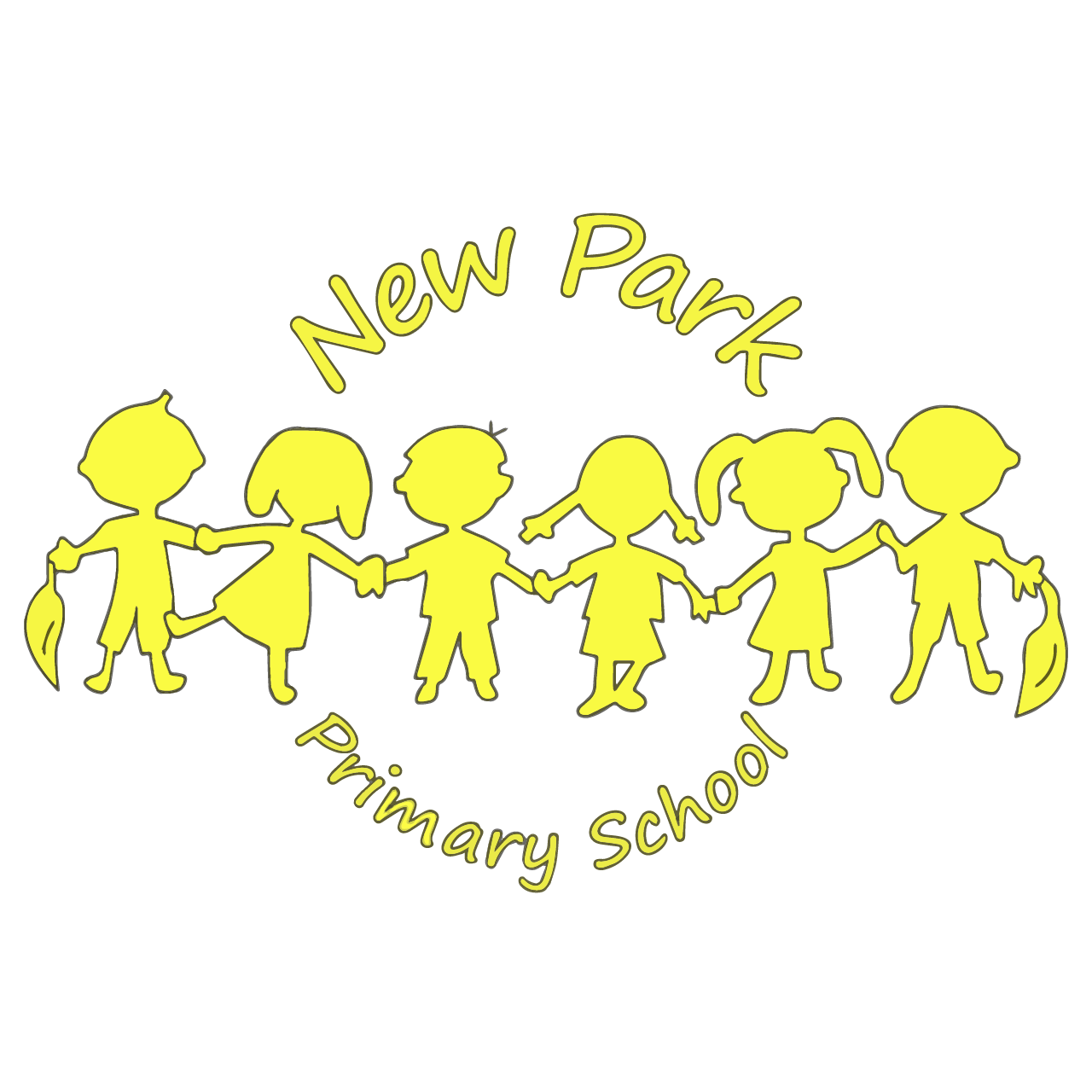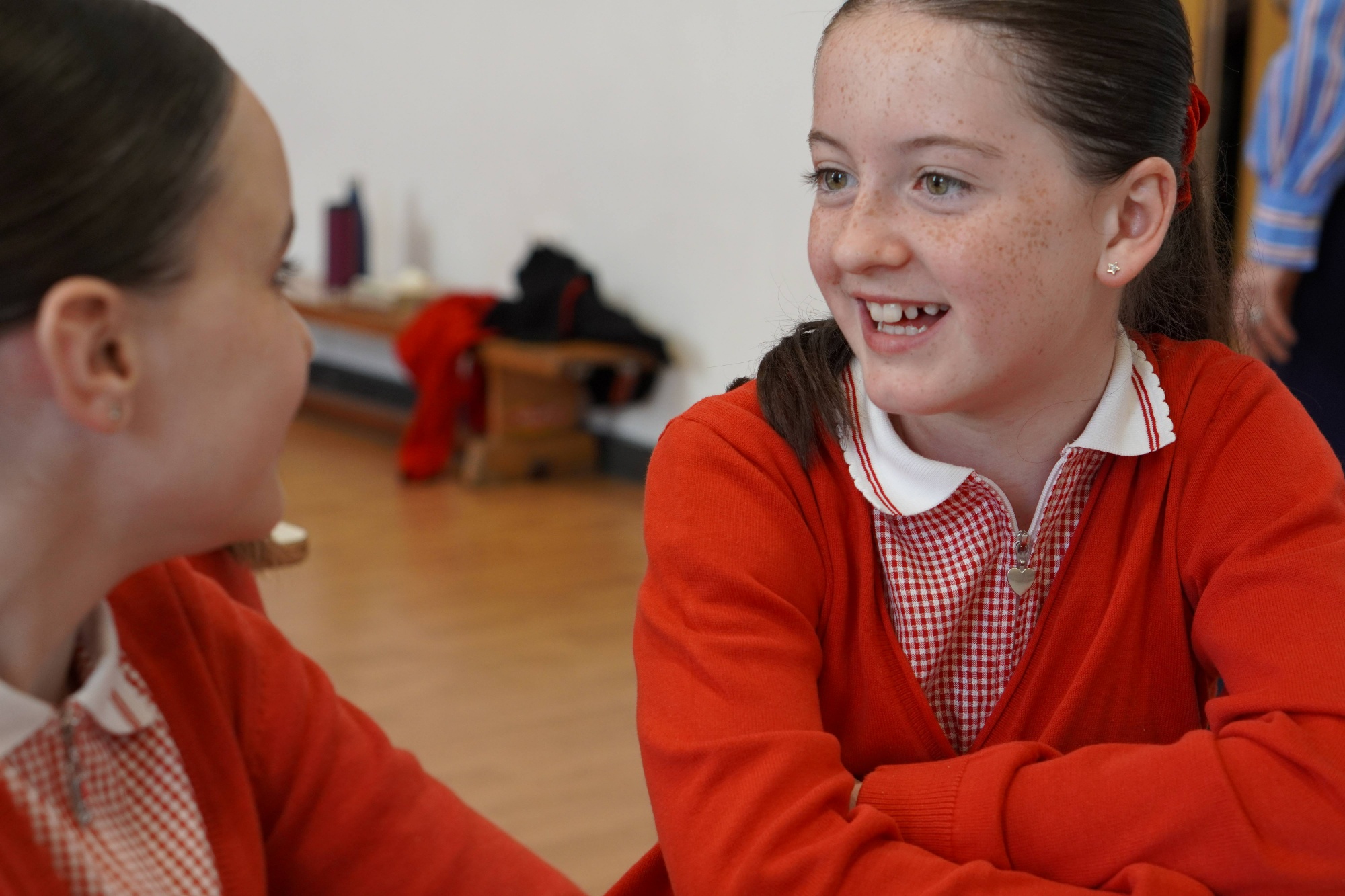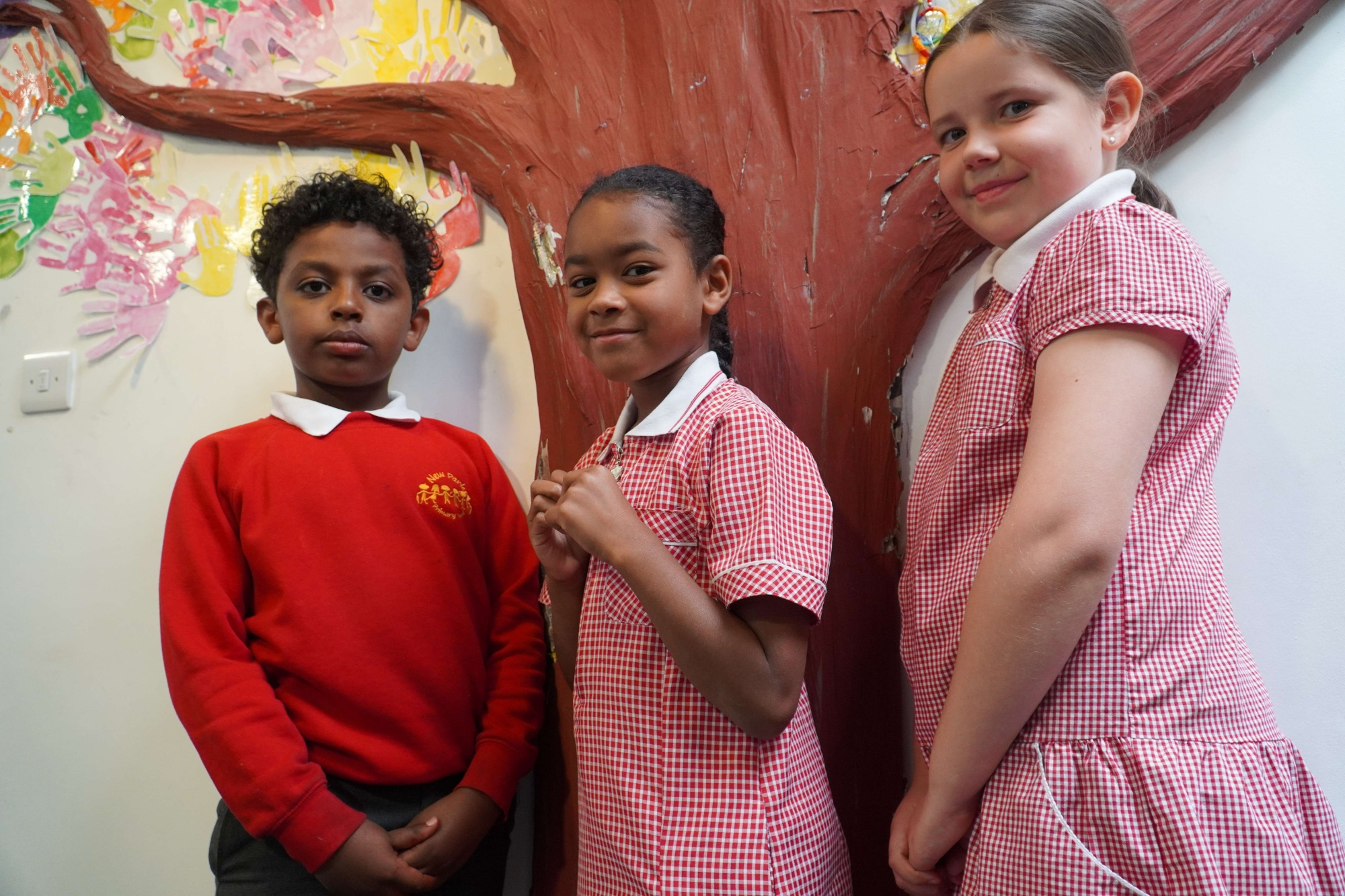PSHE: Nurturing Well-being & Responsible Citizens
Our PSHE (Personal, Social, Health, and Economic Education) curriculum is designed to be purposeful and empowering, fully preparing children for their future in school and the wider world. We aim to broaden their horizons and instil the belief that they are capable of achieving wonderful things. We ensure our PSHE curriculum gives all children the knowledge and understanding needed to make informed choices and be a positive influence in their communities.
Here at New Park, we follow the Jigsaw PSHE programme of study throughout our school.
What is Jigsaw PSHE?
Jigsaw PSHE is a comprehensive Scheme of Work for the entire Primary School (Nursery to Year 6). It integrates PSHE Education, emotional literacy, social skills, and spiritual development into a cohesive learning scheme. This programme fully covers the statutory guidance for Relationships and Health Education for primary schools.
SMSC (Spiritual, Moral, Social, and Cultural) development opportunities are woven throughout, helping children to know and value who they are and understand how they relate to others in the world.
British Values
Jigsaw significantly contributes to the British Values agenda through both direct teaching and experiential learning. The five strands of British Values are mapped across every Puzzle (unit) and every Piece (lesson). We are proud of how Jigsaw promotes emotional wellbeing for all our pupils, underpinning our entire curriculum.
The 6 Jigsaw Puzzles (half-termly units) are designed so the whole school can study the same learning themes simultaneously, each year group at its own level. The Puzzles are sequential and developmental throughout each academic year:
- Being Me
- Celebrating Differences
- Dreams and Goals
- Healthy Me
- Relationships
- Changing Me
Religious Education (RE)
Exploring Beliefs, Developing Identities
Religious Education (RE) dynamically contributes to our children's education and their all-round personal development. We recognise RE's vital role in promoting our pupils' spiritual, moral, cultural, mental, and physical development, while preparing them for the opportunities, responsibilities, and experiences of later life.
Our RE curriculum provokes challenging questions about meaning, purpose, beliefs about God, ultimate reality, right and wrong, and what it means to be human. The knowledge and understanding pupils acquire of a range of religions and worldviews from EYFS to Year 6 enables our children to develop their ideas, values, and identities.
The teaching and implementation of our RE curriculum are based on the Liverpool LEA Agreed Syllabus for RE (2020). We recognise and celebrate the diversity of religious and non-religious families within our school community. We are sensitive to each child's home background and ensure all pupils feel included in our RE programme. Parents and carers are reminded that they have the right to withdraw their child from all or part of Religious Education (RE) lessons if they wish.
The locally agreed syllabus for RE aims to ensure all pupils:
- Know about and understand a range of religions and worldviews.
- Are able to express ideas and insights about the nature, significance, and impact of religions and worldviews.
- Acquire and deploy the skills needed to engage seriously with religions and worldviews.
Opening Worlds Programme (Years 3, 4, 5)
For Religious Education in Years 3, 4, and 5, we follow "Opening Worlds", a knowledge-rich humanities programme. This ambitious curriculum features:
- Thorough knowledge-building through intricate coherence and tight sequencing.
- Global and cultural breadth, embracing wide diversity.
- Rapid literacy impact via systematic vocabulary introduction and revisiting.
- Subject-specific disciplinary rigour, teaching pupils to interpret, argue, and understand distinctive enquiry methods.
- Well-told stories through beautifully written narratives and developed teacher storytelling.
- A highly inclusive approach, secured through common knowledge and high-leverage teaching (pacey, oral, interactive, fun).
- Efficient use of lesson time, blending sharp pace, sustained practice, and structured reflection.
- Rapid teacher improvement through systematic training in evidence-informed techniques.


